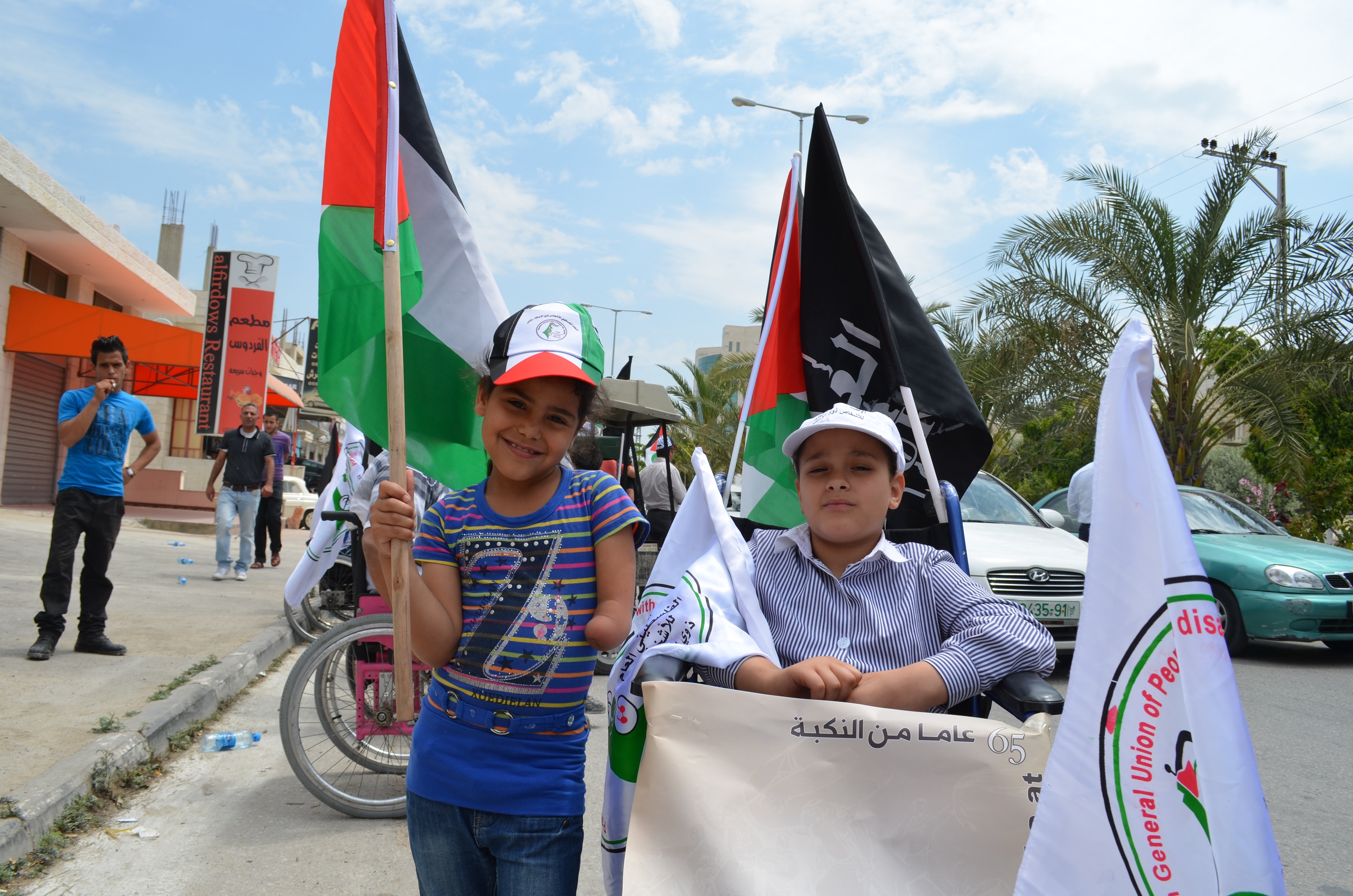Tag: Nablus
-
Photo essay: March through Nablus and Tulkarem commemorates the Nakba
13th May 2013 | International Solidarity Movement | Nablus and Tulkarem, Occupied Palestine By Team Nablus Today, at around 8am, over thirty people from the Palestinian General Union of People with Disability marched through the city of Nablus to commemorate the 65th anniversary of the Nakba. After the march, a bus drove participants to Tulkarem…
-
Askar: a new arrest in the midst of old issues
12th May 2013 | International Solidarity Movement | Nablus, Occupied Palestine By Team Nablus On Tuesday 7th May, at 2am, Ahmad as-Sars was arrested whilst in his home with family and well wishers gathered to mourn the death of his grandmother the previous day. New Askar refugee camp faces many problems in its right to exist,…
-
The Oslo Accords – still dead in Nablus
8th May 2013 | International Solidarity Movement, Nablus, Occupied Palestine By Team Nablus Nablus was disturbed by two army jeeps driving in a circuit round the city centre and shooting tear gas at young men, with no clear intent other than to harass them for around three hours. Shooting and sound bombs were heard beginning…

